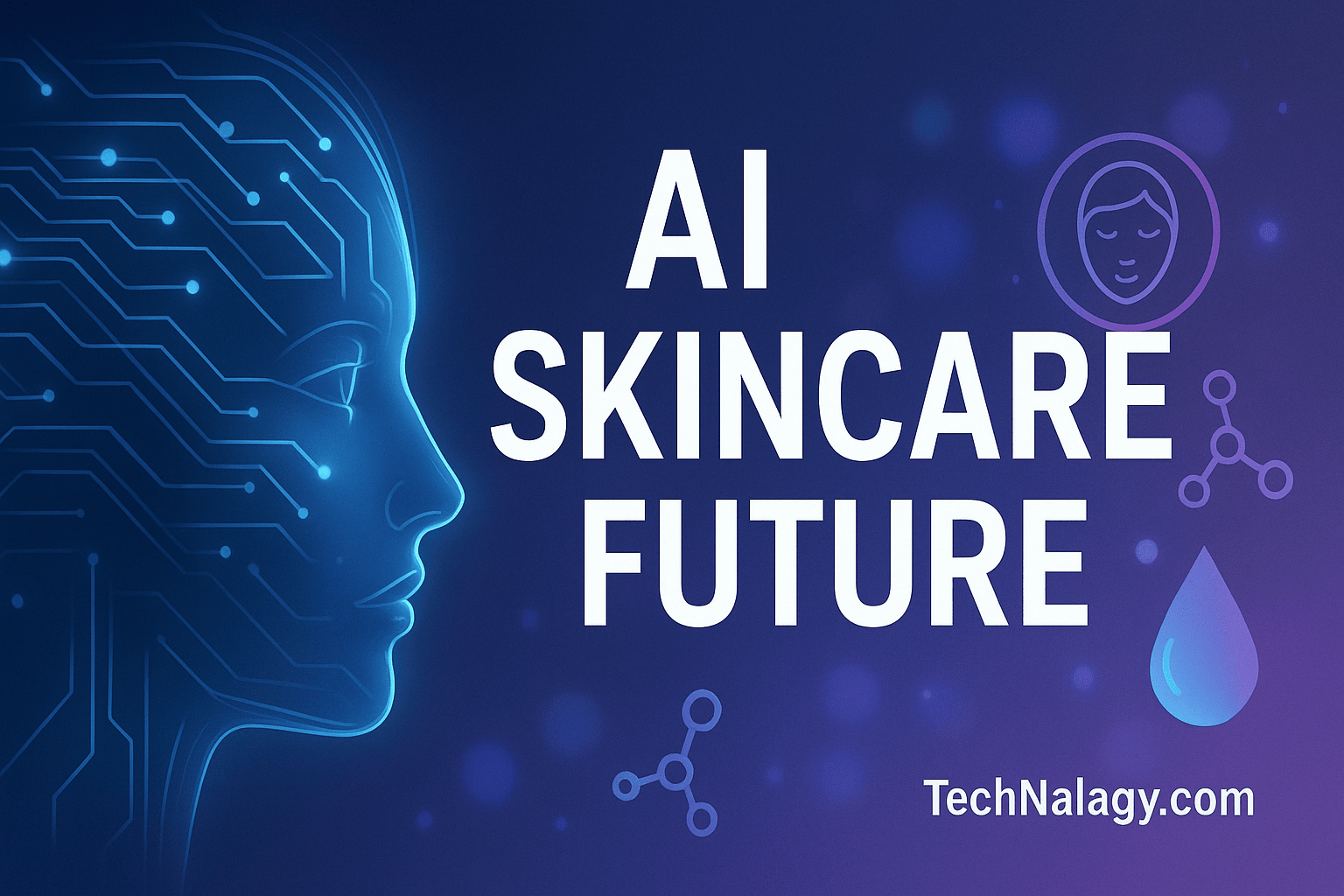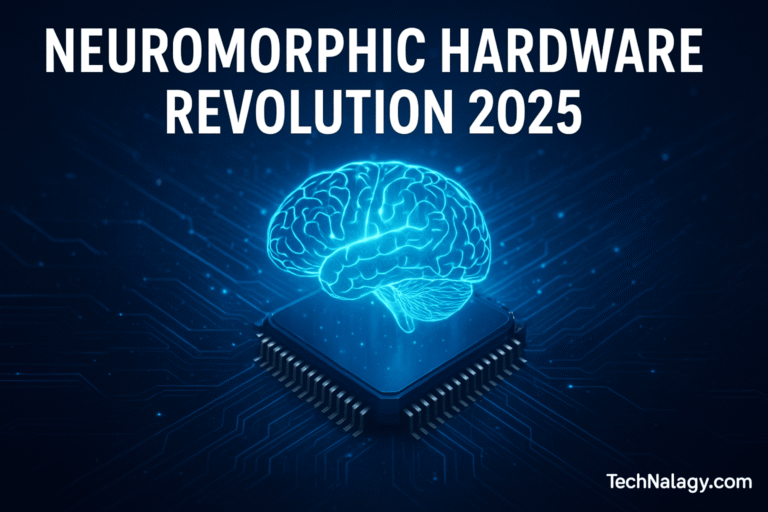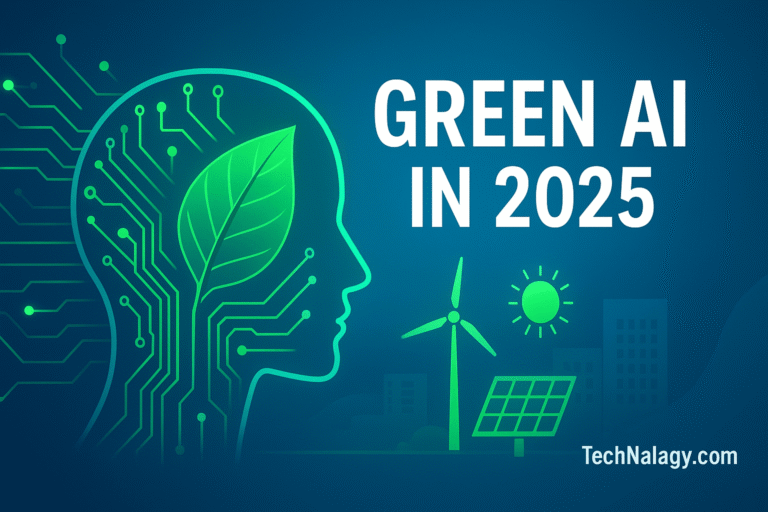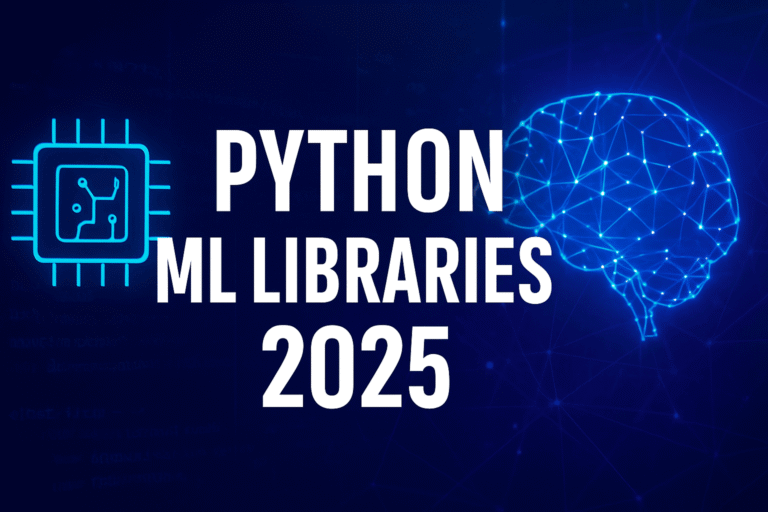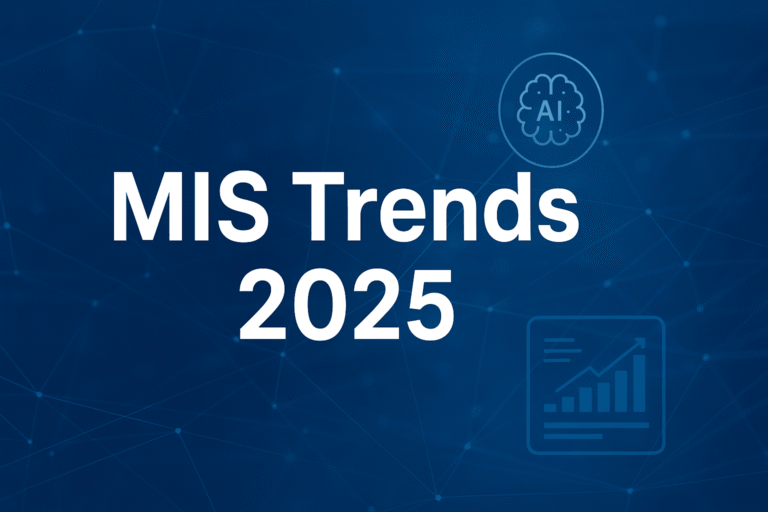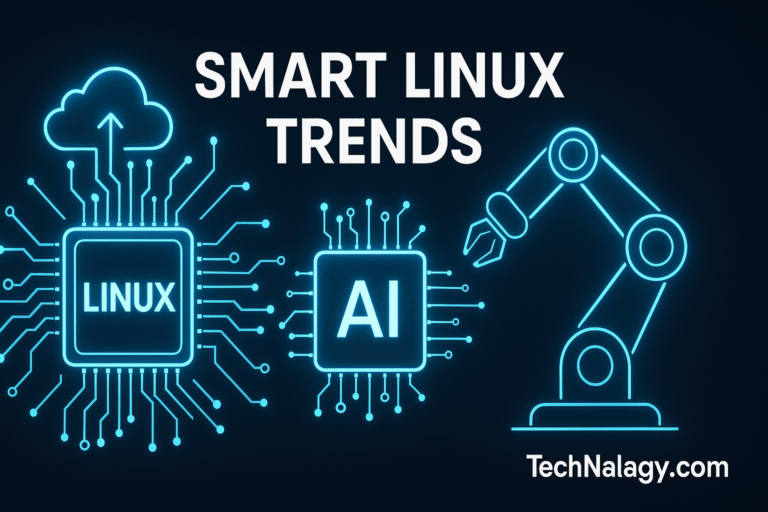Top 7 AI Skincare Innovations Changing the Beauty Industry
Introduction
In 2025, the beauty industry is no longer just about creams, serums, or treatments—it’s about intelligence. AI skincare is redefining how we approach beauty routines, from personalized recommendations to medical-grade skin analysis. Artificial intelligence is enabling consumers to better understand their skin, brands to innovate faster, and dermatologists to diagnose conditions with greater accuracy.
The global beauty tech market is growing rapidly, and AI skincare sits at the center of this transformation. Consumers increasingly want routines designed for their unique skin profiles, while companies leverage algorithms to provide personalized care. In this article, we’ll explore the top 7 AI skincare innovations that are already reshaping the beauty industry, plus the role of SSIS 950 in powering seamless data-driven personalization.
Table of Contents
The Rise of AI Skincare in the Beauty Industry
For decades, skincare was based on broad categories—oily, dry, or combination skin. Today, with the power of AI, skincare is personalized at the individual level. Algorithms analyze thousands of skin images, environmental factors, and user habits to create routines tailored to each person.
Major beauty brands are integrating AI into product development, marketing, and consumer experience. Smart mirrors, mobile apps, and AI-powered consultations are becoming mainstream, helping consumers make more informed decisions. AI skincare also fits into the broader trend of technology adoption across industries. For example, as highlighted in Emerging Tech Trends 2025, artificial intelligence is reshaping everything from healthcare to retail—and beauty is no exception.
Top 7 AI Skincare Innovations
1. AI-Powered Skin Analysis Apps
One of the most widely accessible innovations in AI skincare is the rise of skin analysis apps. Using nothing more than a smartphone camera, these apps scan a user’s face, detect skin issues such as acne, hyperpigmentation, fine lines, or dryness, and provide tailored product recommendations.
These apps rely on machine learning algorithms trained on thousands of skin images. Over time, they learn to improve accuracy, helping users track progress and adapt routines dynamically. For consumers, this means convenient, at-home access to professional-grade skin insights.
2. Smart AI Skincare Devices
Beyond apps, AI skincare extends into hardware with smart devices. From AI cleansing brushes that adjust intensity based on skin sensitivity to diagnostic tools that scan hydration levels, these gadgets bring precision to skincare routines.
Some advanced smart mirrors even provide daily skin analysis and product suggestions. They monitor changes over time, allowing users to adjust their regimen proactively. This innovation turns the bathroom into a personalized skincare clinic powered by AI.
3. Personalized AI Beauty Routines
AI skincare thrives on personalization. Instead of generic advice, AI systems analyze individual skin conditions, lifestyle factors, diet, and even sleep patterns to recommend routines.
For example, an AI platform may suggest using a vitamin C serum in the morning and retinol at night, while adjusting recommendations based on weather changes or user feedback. This data-driven customization not only improves outcomes but also boosts consumer trust in beauty brands.
4. AI in Dermatology & Early Skin Issue Detection
Perhaps the most transformative application of AI skincare is in medical dermatology. Dermatologists are now using AI tools to detect skin conditions earlier and more accurately. Algorithms can analyze images of moles, lesions, or rashes to identify potential risks like melanoma.
Research from the National Institutes of Health confirms that deep learning models can perform on par with trained dermatologists when identifying certain skin cancers, proving AI’s critical role in healthcare and skincare innovation (NIH – AI in Dermatology). This doesn’t mean AI replaces dermatologists—it means AI becomes a decision-support tool, helping doctors and patients achieve better outcomes.
5. AR + AI Virtual Skin Try-On Tools
AI skincare also extends into augmented reality (AR). Virtual skin try-on tools combine AI with AR to let users preview how products will look or feel before buying. For example, an app might simulate how a moisturizer improves skin tone or how a foundation blends with natural complexion.
These tools reduce buyer hesitation in online shopping, increase confidence, and lower product return rates. Beauty retailers increasingly use AI-driven AR to create immersive shopping experiences that blend science with style.
6. AI Chatbots for Skincare Consultation
Customer service in skincare is also getting a makeover with AI chatbots. Instead of waiting to see a consultant, consumers can now chat with AI-powered assistants that recommend products, answer skincare questions, and even track progress.
AI chatbots are available 24/7, making skincare consultation more accessible. Some platforms integrate these bots into mobile apps, while others embed them into websites. The result is personalized guidance at scale, helping both consumers and brands.
7. Data-Driven Skincare Product Innovation
Perhaps the most exciting innovation is how AI drives product development. By analyzing massive datasets—from consumer reviews to skin analysis results—AI helps brands identify gaps in the market and create products faster.
For instance, if data shows many users in a specific region struggle with dryness, a brand can formulate a product targeted at that issue. AI accelerates research, shortens product cycles, and ensures that new skincare launches align with real consumer needs.
How to Use SSIS 950 for Seamless Data Migration in Beauty Tech
Behind all these AI skincare innovations lies data—millions of images, user habits, product reviews, and purchase histories. Managing and migrating such vast datasets is a challenge, and that’s where SSIS 950 (SQL Server Integration Services) comes in.
SSIS 950 is a powerful tool for seamless data migration, ensuring that massive volumes of consumer data are integrated, cleaned, and ready for AI systems. For the beauty industry, this means smoother personalization, more accurate skin analysis, and better insights into global trends.
In practice, SSIS 950 enables AI skincare platforms to process user skin scans efficiently, synchronize them with product inventories, and generate real-time recommendations. Without such systems, AI personalization would be slow and fragmented.
Benefits and Challenges of AI Skincare
Benefits
- Personalization: Customized routines tailored to unique skin needs
- Convenience: At-home devices and apps reduce reliance on in-person consultations
- Early Detection: AI-powered dermatology tools support prevention and treatment
- Innovation: Faster product development cycles and data-driven innovation
Challenges
- Privacy: Sensitive skin and health data raise concerns about storage and security
- Bias: Many AI systems struggle with underrepresented skin tones, risking inaccuracies
- Cost: Advanced devices may be expensive, limiting access for some users
- Oversight: AI is powerful, but human dermatologists remain essential for safe, effective treatment
Future Outlook of AI Skincare
The future of AI skincare is about deeper integration with biotechnology. DNA-based skincare, genetic testing, and microbiome analysis may soon combine with AI to create ultra-personalized routines.
We can also expect AI + AR shopping to become standard, where consumers can scan their faces and instantly receive product suggestions. Ethical AI development will also be a priority, ensuring inclusivity across skin tones and types.
Ultimately, AI skincare represents the merging of science, technology, and beauty—delivering smarter, safer, and more effective skincare for everyone.
Conclusion
From AI skin analysis apps to data-driven product innovation, the beauty industry is undergoing a radical transformation. AI skincare is not only making beauty routines more personalized but also improving dermatology, advancing product development, and enhancing consumer trust.
As consumers, embracing AI skincare means more informed decisions and better outcomes. As brands, it means innovation, efficiency, and deeper connections with customers. The future of beauty is intelligent—and it’s already here.

Kamran Khatri is the founder of technalagy.com, where he shares insights on AI, future tech, gadgets, smart homes, and the latest tech news. Passionate about making innovation simple and accessible, he writes guides, reviews, and opinions that help readers stay ahead in the digital world.

